Page 2 of 5

ZERUST® Leading the Way in Sustainable VCI Packaging with Post-Consumer Recycling
In a world where environmental consciousness is on the rise, companies are increasingly seeking innovative ways to reduce their carbon footprint and promote sustainability. One such approach that’s gaining traction is post-consumer recycling, and here at ZERUST®, we’re at the forefront of implementing this technology across our Vapor Corrosion Inhibitor (VCI) polymer packaging solutions. Furthermore,
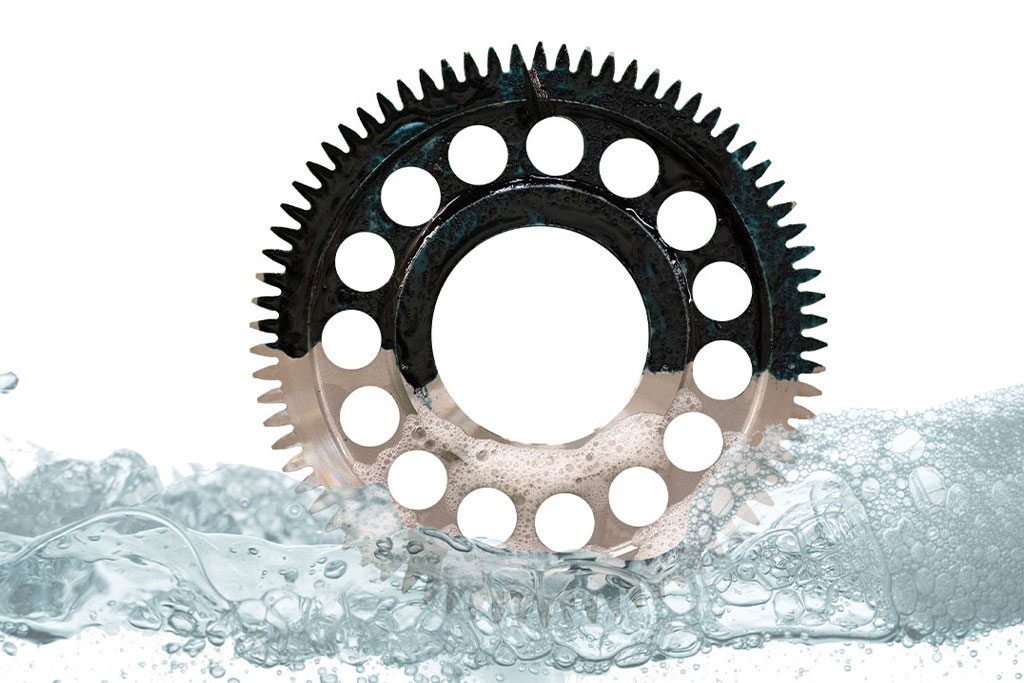
The Crucial Role of Industrial Cleaners & Degreasers in Manufacturing and Their Corrosion Risk
In the complex and highly regulated world of manufacturing, precision and quality are paramount. Each component produced must meet stringent standards, whether it’s destined for painting, welding, rust prevention coatings, or any downstream process. One often overlooked yet critical aspect of maintaining these standards is the use of industrial cleaners and degreasers. These chemical solutions
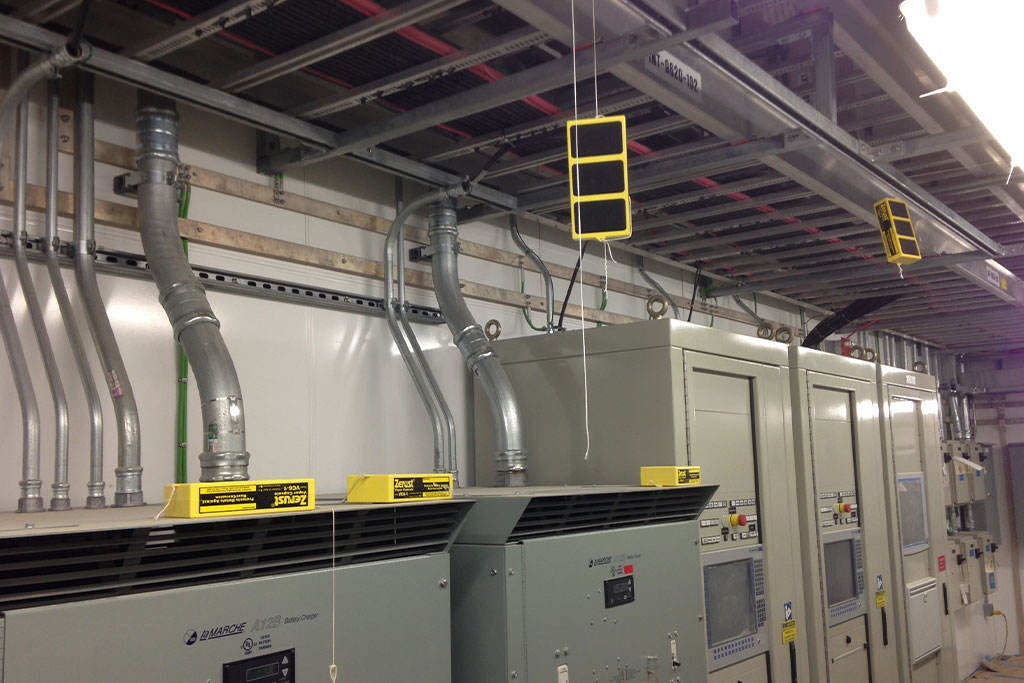
Corrosion Control for Control Rooms and Electronics: A Comprehensive Guide
Corrosion is a silent threat that plagues control rooms and electronics in industrial settings. As a result, it can cause circuitry failures, compromise equipment reliability, and ultimately lead to costly downtime. In this blog post, we’ll explore the challenges of corrosion control in control rooms and electronics and how innovative products like ZERUST® ActivDri™ Packets,
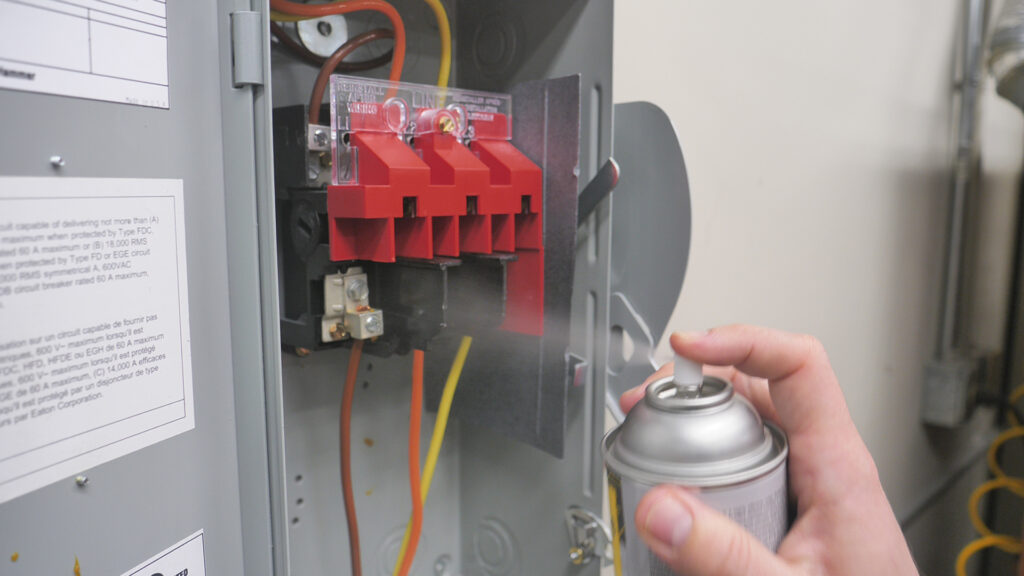
Axxanol™ 718-ESS vs. Conformal Coatings: Choosing the Right Corrosion Protection Solution
Corrosion protection holds key importance in electrical and electronic applications. Two common approaches for achieving this are conformal coatings (CC) and ZERUST® Axxanol™ 718-ESS, a multimetal electrical corrosion inhibitor spray. In this blog post, we’ll delve into the key differences between these two methods, their respective advantages and disadvantages, and how Axxanol™ 718-ESS stacks up
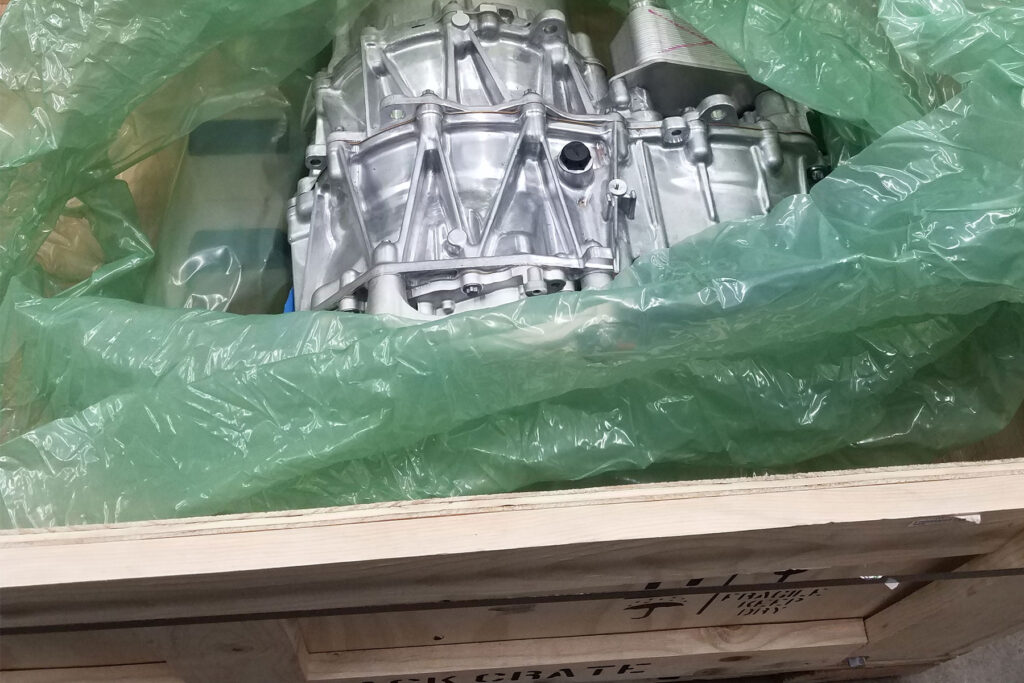
Revolutionizing the Electric Vehicle Market with VCI: Vapor Corrosion Inhibitors
Welcome to our comprehensive guide on Vapor Corrosion Inhibitors (VCI) and their transformative impact on the Electric Vehicle (EV) market. As the worldwide leaders in Vapor Corrosion Inhibitor Technology, we pride ourselves on providing our customers with comprehensive corrosion management solutions that provide our customers with rust-free results. In this blog, we will explore the
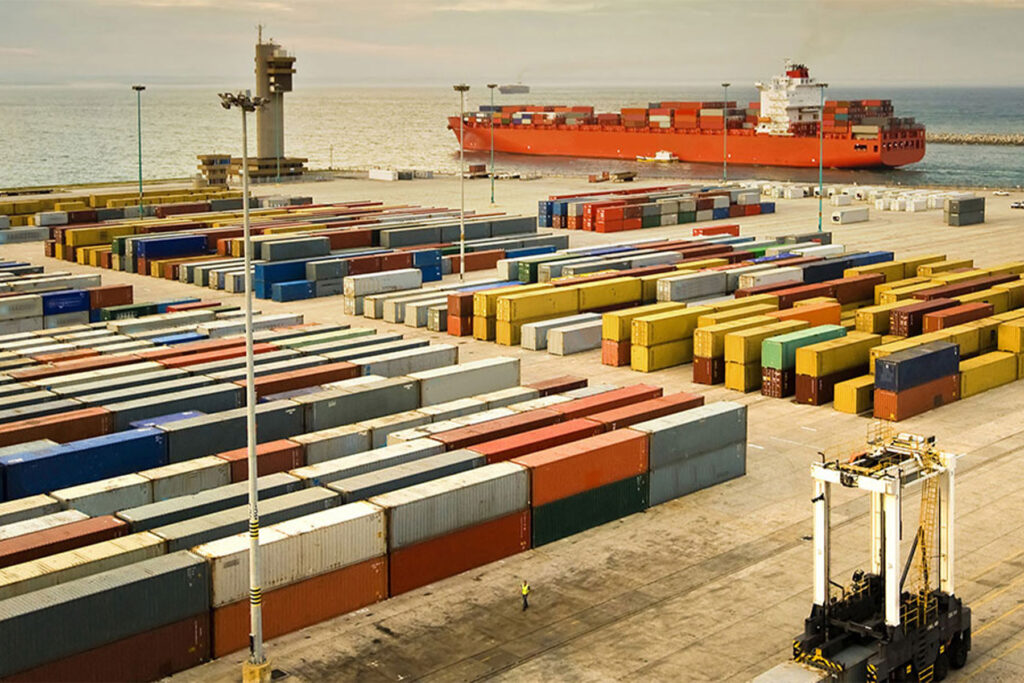
Preventing Corrosion in Metal Goods During Transit: ZERUST® Transit Coatings
Globalization is based on transporting metal goods, but it has challenges. One of these challenges is protecting metal goods from corrosion during domestic and international transit. As a result, manufacturers transporting metal goods can suffer significant financial losses and reputational damage due to corrosion. Fortunately, ZERUST® transit coatings offer a reliable solution to this problem.
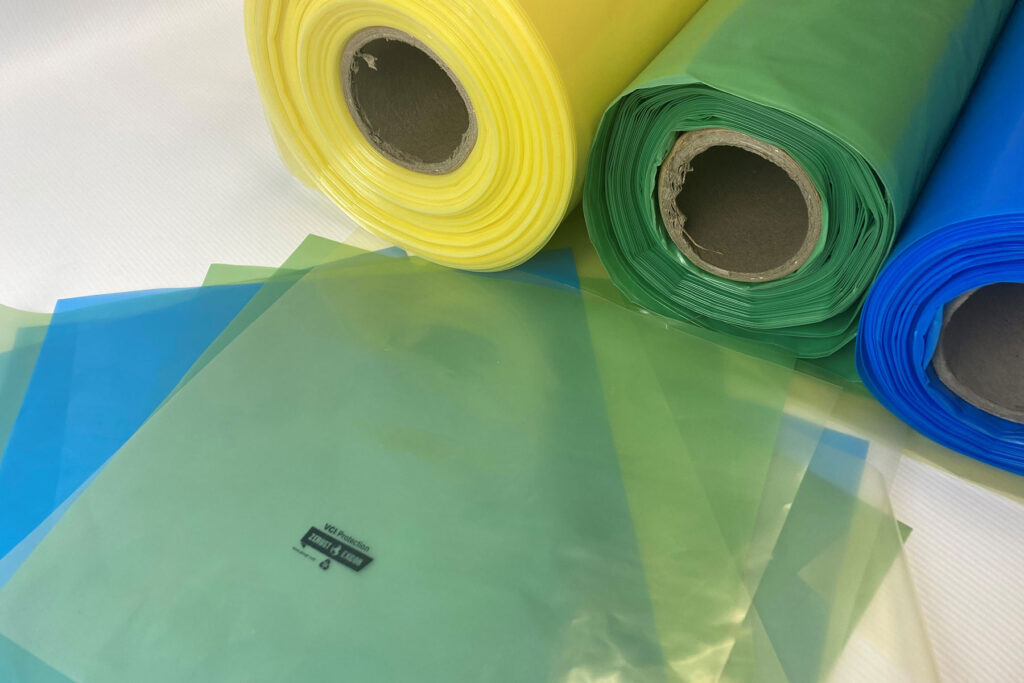
What Is the Difference Between VCI Rolls and Sheets?
We’re commonly asked by our customers, “what is the difference between VCI Rolls and Sheets?”. So, we’ll take a quick look into VCI and the difference between the two options. VCI (Vapor Corrosion Inhibitor) packaging materials are commonly used to protect metal surfaces from corrosion during transportation and storage. These VCI poly materials work by releasing
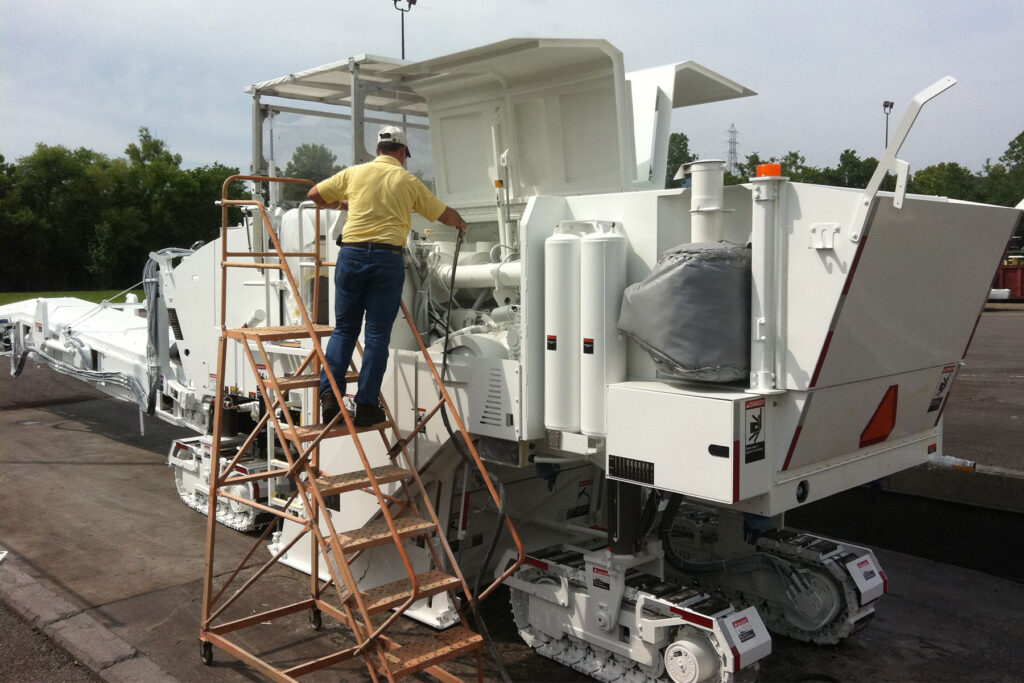
What Is the Best Rust Preventative for Your Application?
Rust is a persistent problem for metal surfaces, especially those exposed to harsh environments. If left unchecked, rust can cause significant damage and undermine the strength of metal objects. So, to safeguard against rust, it’s essential to use the right rust preventative. But with so many options available, it can be tough to determine which
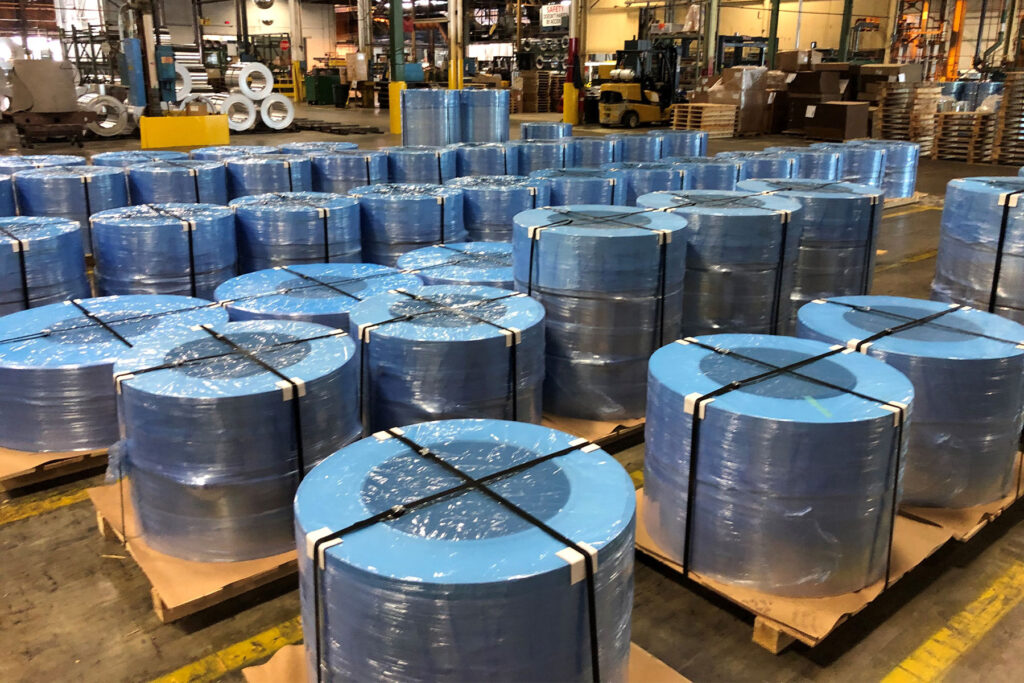
5 Reasons the Steel Coil Industry Prefers VCI Paper and Poly for Optimal Steel Coil Corrosion Protection
Corrosion is a significant challenge in the steel coil industry, causing damage to steel coils and resulting in decreased productivity and profitability. As a result, rust-preventative coatings have commonly been used by steel coil suppliers and manufacturers to provide steel coil corrosion protection during storage and transportation. However, one solution in the steel coil industry has

With an Ally Like ZERUST, There Isn’t Any Rust Battle You Cannot Win
Hello to the world of rust protection. I have over 30 years of experience working as a packaging engineer in various industries and have spent the last 24 years working for a tier 1 worldwide powertrain OEM supplier. At our facility, we assembled parts and sub-components that are shipped worldwide. At our facility, a primary
